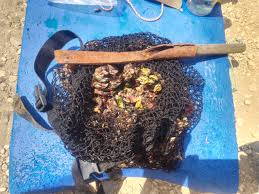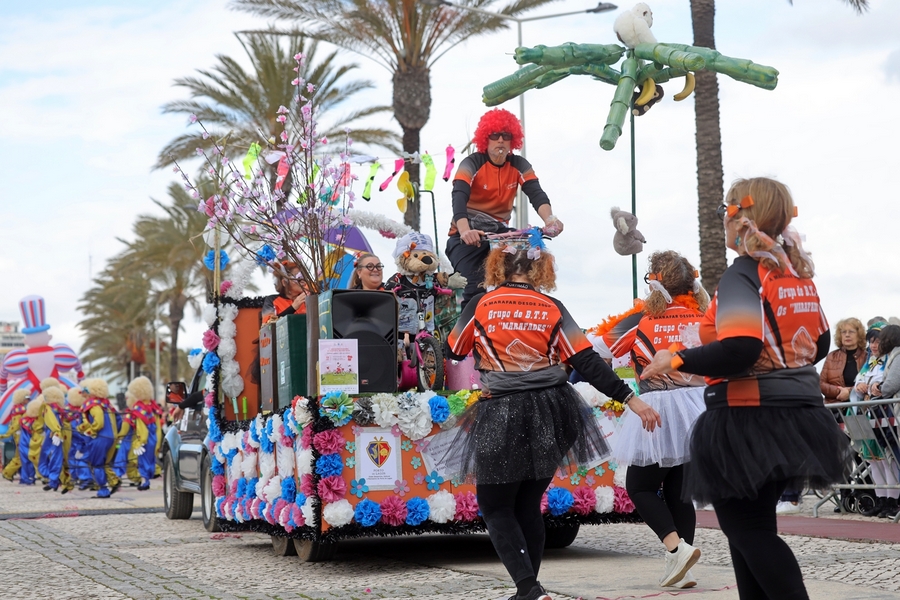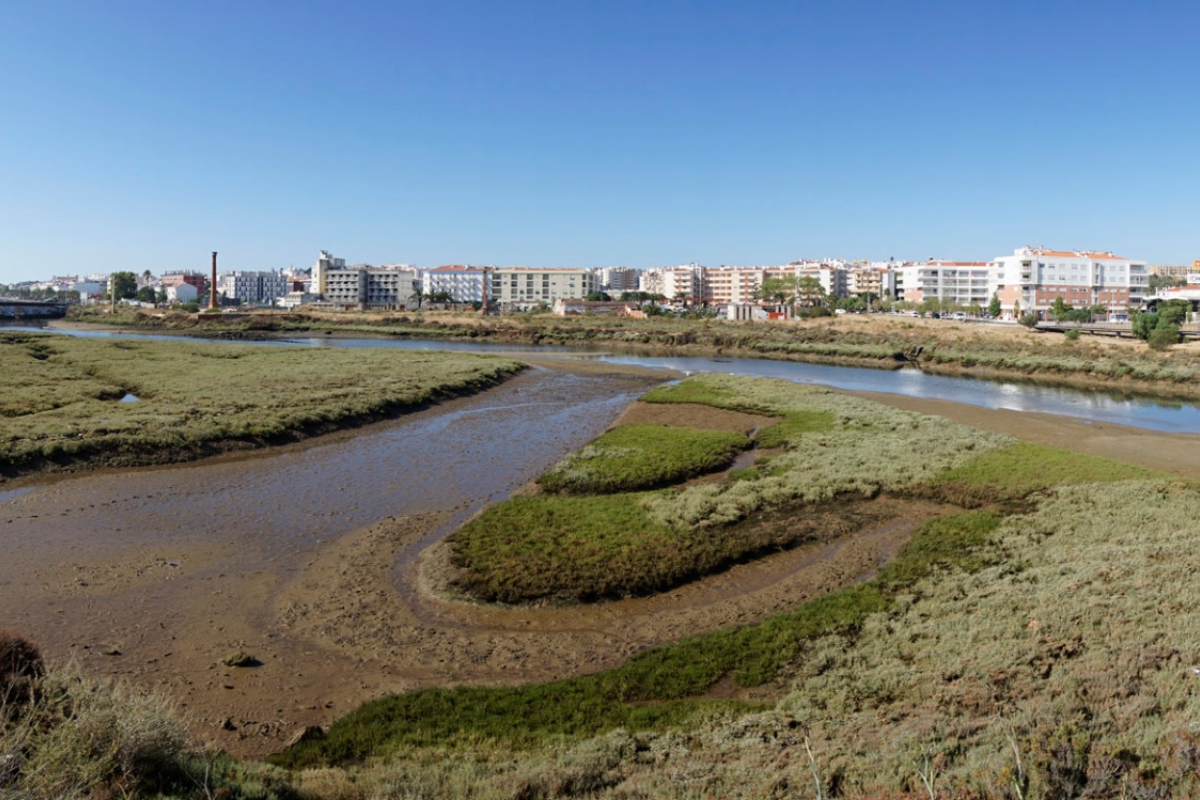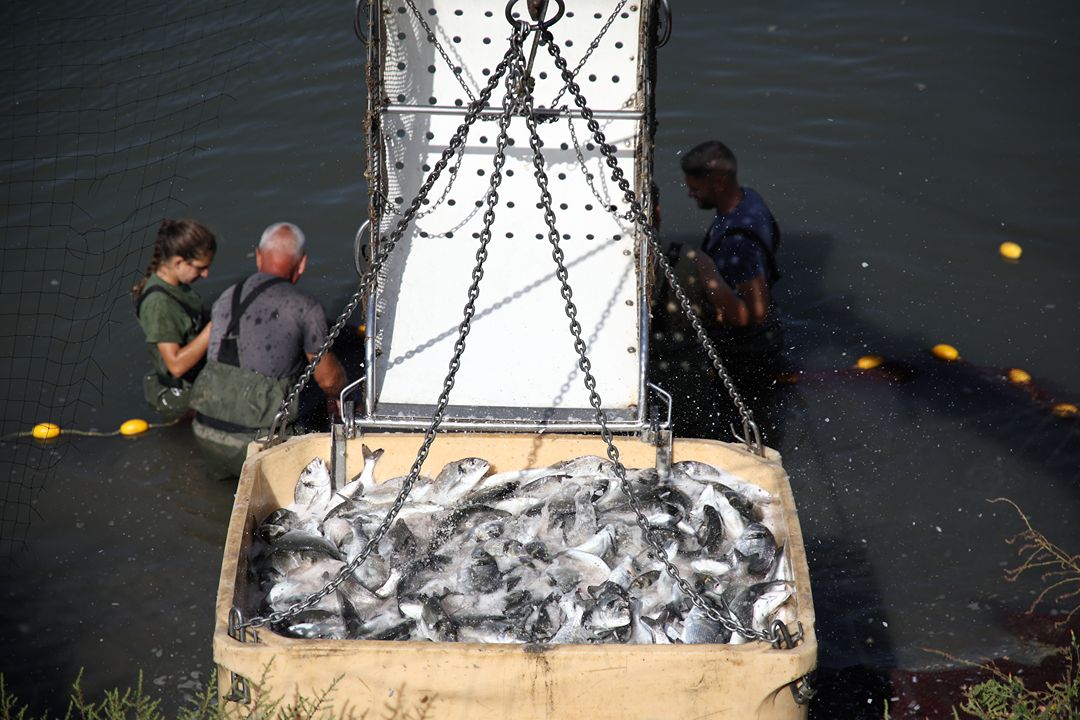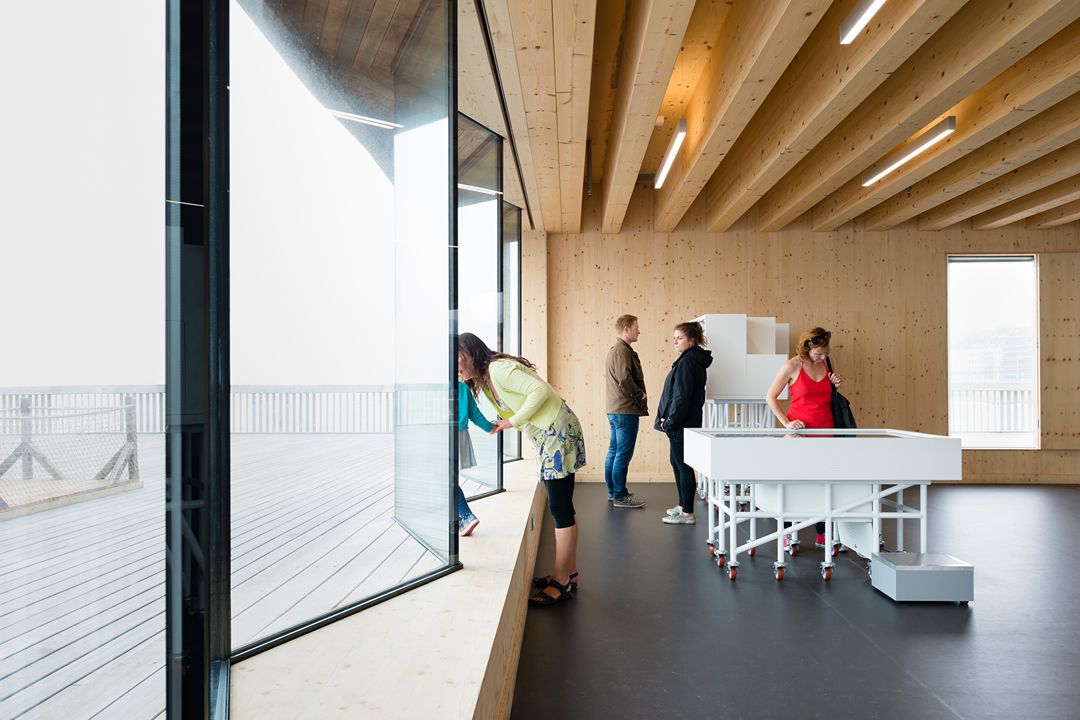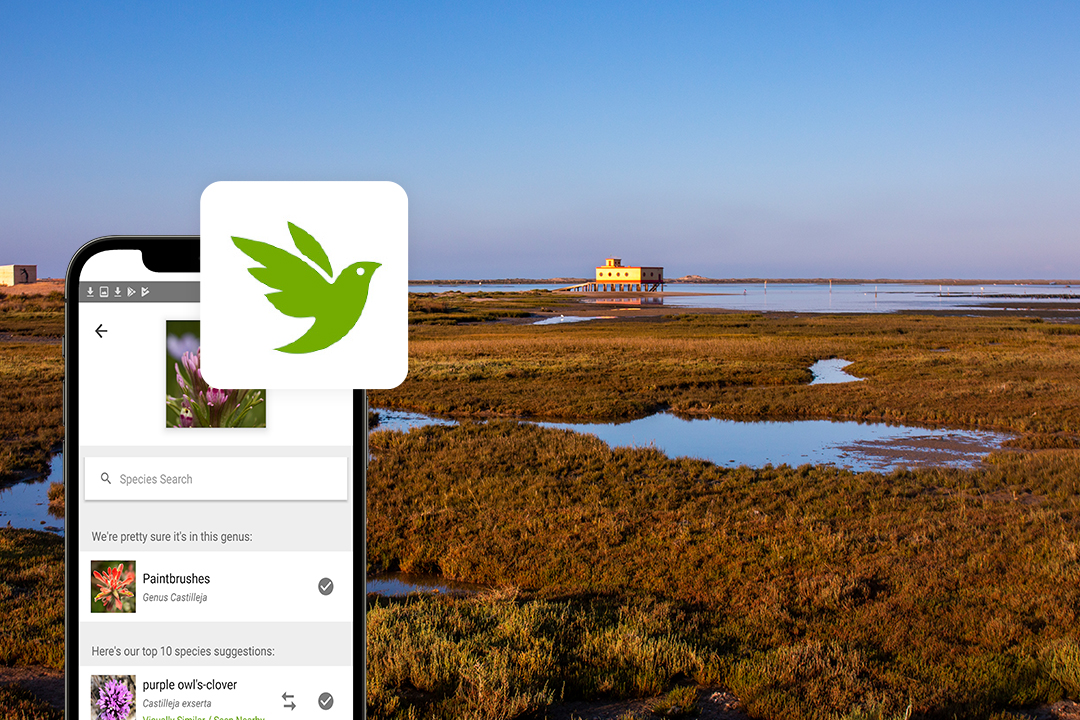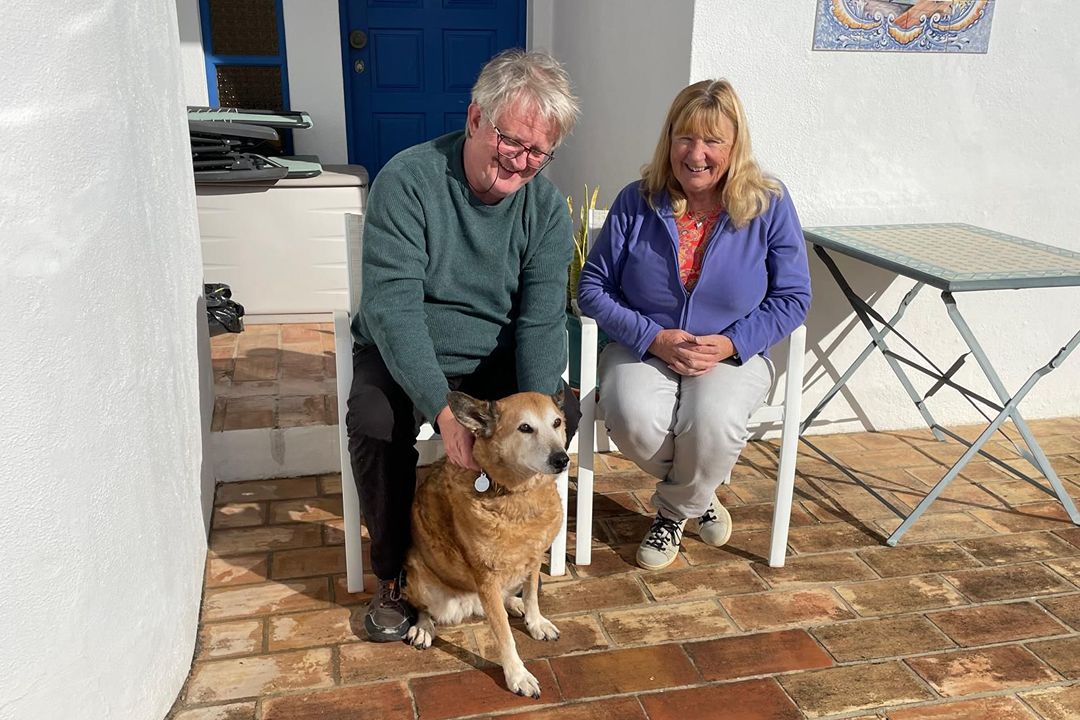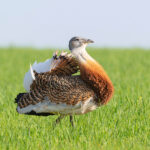Maritime Police and ICNF Monitor Shellfish Harvesting in the Southwest Alentejo and Vicentine Coast Natural Park
In August, the Lagos Maritime Police and the Institute for Nature Conservation and Forests (ICNF) carried out a joint inspection targeting both recreational and commercial shellfish harvesting along the coastline of Aljezur, within the boundaries of the Southwest Alentejo and Vicentine Coast Natural Park (PNSACV).
During the operation, authorities checked eight recreational fishers on foot — three using fishing rods and five engaged in shellfish collection. Two official reports and two seizure notices were issued, resulting in the confiscation of 7.43 kg of goose barnacles (Pollicipes pollicipes). The enforcement team consisted of two Maritime Police officers and four ICNF Nature Rangers, supported by three vehicles.
Both the ICNF and the Maritime Authority stress the importance of complying with existing fishing and shellfish harvesting regulations. Recreational licenses allow for a maximum of 2 kg of goose barnacles per holder, while professional licenses permit up to 15 kg. Specimens must also respect the minimum size requirement of 20 mm, as established by Ordinance No. 385/2006 of April 19. This regulation is crucial since smaller barnacles must remain in their habitat — once removed from the rocks, they rarely survive.
Professional harvesting is strictly regulated: only 80 licenses are granted for the entire PNSACV coastline, under Ordinance No. 385/2006, later amended by Ordinance No. 388/2008 and Dispatches No. 17732/2006 and No. 7667/2011.
Additionally, Decree-Law No. 101/2013 of June 25 establishes the framework for recreational fishing, explicitly prohibiting the sale of any marine species — animals or plants — caught under recreational licenses.
Through this joint action, the ICNF and Maritime Authority remind both recreational and professional fishers of their responsibility to uphold the law. By doing so, they help safeguard the sustainability of marine resources and ensure their preservation for future generations.
